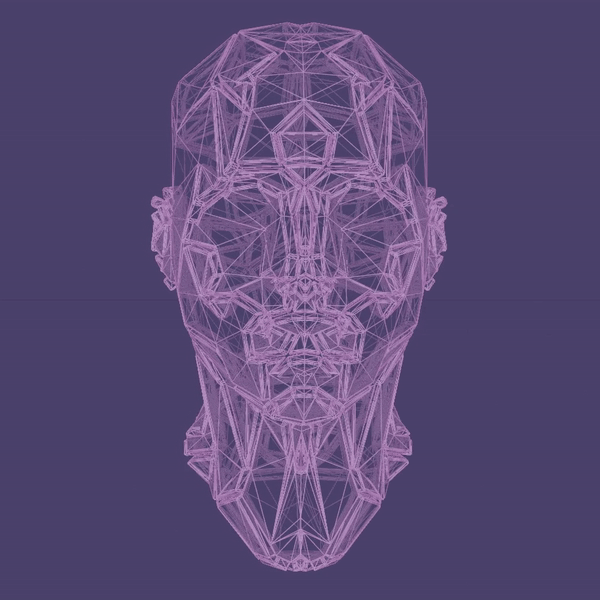Subscribe to Mike
Receive the latest updates directly to your inbox.

On Music NFTs
Thoughts on why music NFTs are the epicenter of crypto-enabled business model innovation.
Thinking on a tokenized investment vehicle
Thoughts on a blockchain-based pooled investment vehicle that could provide capital for financially excluded businesses in Africa, Asia, and Latin America.
Is the Dollar Standard Ending?
Last month, world governments learned that property rights do not apply to foreign exchange reserves.

The DAO of (Risk) Capital
Thousands of strangers recently came together to bid on an original copy of the U.S. Constitution at Sotheby’s.

Crypto v. College
In Ayn Rand’s “Atlas Shrugged” (cue snark), the builders and independent thinkers escape to Galt’s Gulch whilst a constellation of communists and conformists grind society to a halt.
NFTs and the future of African startup funding
After Jumia’s IPO a couple years ago, I wrote a brief argument for why I thought African startups would surprise to the upside (see “African Startups” below).



